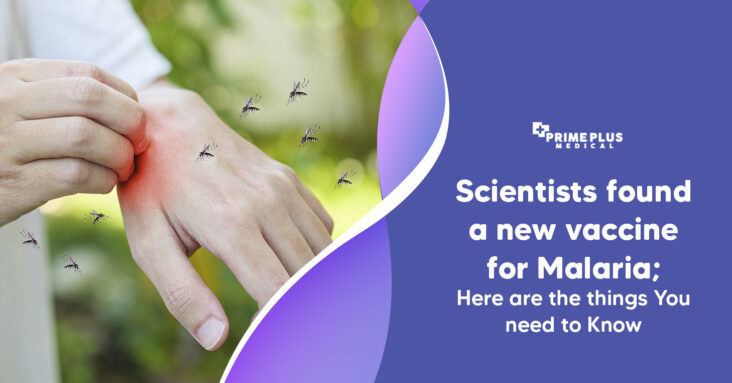Scientists at the University of Oxford in England are working on a malaria vaccine that has the potential to “transform the world.”
After recent studies revealed up to 80% protection against the devastating disease, the team of experts expects to bring the vaccine into use next year. Most importantly, experts believe the vaccine will be affordable, and they have already agreed to produce more than 100 million doses every year.
It has taken more than a century to create an effective vaccination against the complicated and elusive malaria parasite, which is carried by mosquitoes. This parasite is a continually moving target that changes shape inside the body, making immunization difficult.
While we wait for the official release of these hopeful findings, we need to know more about this dangerous disease.
What is Malaria?
Malaria is a fatal disease carried by mosquito bites contaminated with microscopic parasites. The mosquito injects malaria parasites into your bloodstream when it bites you. Malaria is caused by parasites rather than a virus or bacteria.
Malaria is a parasitic infection caused by the Plasmodium parasite. This disease is spread through the bite of a female Anopheles mosquito carrying the parasite.
Parasites enter the body by mosquito bites, settle in the liver, and infect red blood cells. In addition to mosquito bites, several conditions induce malaria to spread to people, including organ donation, blood transfusions, needle sharing, and infected fetuses from their mothers.
What are the Symptoms?
Symptoms emerge at least 10-15 days following a mosquito bite. Chills, fever, and headache emerge in three phases over 6-12 hours, followed by profuse perspiration and weakness before the body temperature returns to normal.
Other symptoms of malaria that you should take note of:
- Fever and sweating.
- Chills that shake your whole body.
- Headache and muscle aches.
- Fatigue.
- Chest pain, breathing problems, and cough.
- Diarrhea, nausea, and vomiting.
Anemia and jaundice (yellowing of the skin and whites of the eyes). are possible side effects of malaria as it worsens
Cerebral malaria is the most severe, which can lead to a coma. This kind accounts for roughly 15% of infant mortality and nearly 20% of adult deaths.
How can I avoid malaria?
Malaria is transmitted by the bite of the Anopheles mosquito; consequently, the preventive is to adjust human behavior so that mosquitoes would not appear.
To lower your chances of getting malaria, you should:
- Apply mosquito repellent with DEET (diethyltoluamide) to exposed skin.
- Drape mosquito netting over beds.
- Put screens on windows and doors.
- Treat clothing, mosquito nets, tents, sleeping bags, and other fabrics with an insect repellent called permethrin.
- Wear long pants and long sleeves to cover your skin.
What is the treatment?
Malaria must be treated as soon as possible. Your doctor will prescribe medicines to treat the parasite. Malaria treatments are not effective against some parasites.
Treatment for malaria is administered according to the kind, the severity of the symptoms, and the patient’s health. Patients will be given outpatient medicine in the form of ACT or chloroquine to treat moderate forms of malaria caused by Plasmodium vivax. In the case of Plasmodium falciparum malaria with mild symptoms, the patient would be treated in a non-ICU hospital room. For the first 24 hours, individuals with severe symptoms will be treated in the ICU (Intensive Care Unit) and given medicine through injection.
Some medications are used in combination with others. The type of parasite determines the type of drug and the duration of treatment. Antimalarial drugs include:
- Artemisinin drugs (artemether and artesunate). The best treatment for Plasmodium falciparum malaria, if available, is artemisinin combination therapy.
- Atovaquone (Mepron®).
- There are parasites that are resistant to this medication.
- Doxycycline (Doxy-100®, Monodox®, Oracea®).
- Mefloquine.
- Quinine.
- Primaquine.
If you get symptoms after visiting or residing in a place where the disease is prevalent, contact your healthcare professional right once. Treatment is more successful when it is detected early. It is also critical to get treatment as soon as possible to prevent malaria from spreading to others.
PrimePlus Medical is a reputable healthcare service in Canggu, Bali. Our English-speaking doctors are always ready to provide you with international-quality medical care. We are truly dedicated to being your finest healthcare option in Bali, providing everything from quality consultations to excellent emergency treatment and even vaccination services.
If you have any questions about our services, please contact us at +(62)361 474 0055 or [email protected]!

